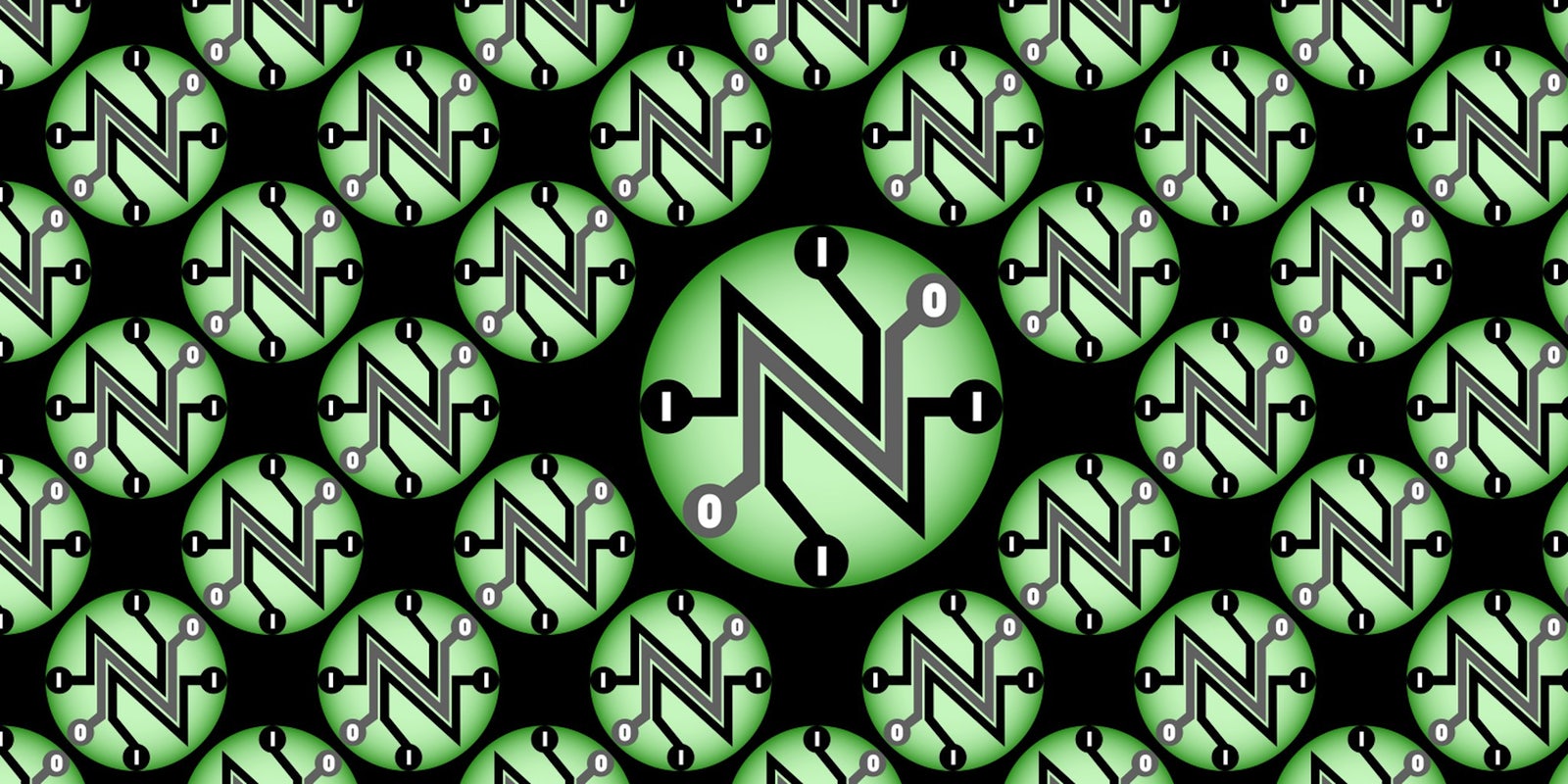The FCC has prevailed over cable and wireless companies in the first major legal battle facing the agency’s new net neutrality rules.
The U.S. Court of Appeals for the D.C. Circuit declined on Thursday to put a hold on the rules, which take effect on Friday. The court will still consider a legal challenge by major trade groups and Internet service providers at a later date.
Because the court did not stay the implementation of the rules, they will take effect tomorrow as planned, blocking ISPs from engaging in discriminatory practices like throttling connections to certain websites and charging content companies special fees for priority service.
FCC Chairman Tom Wheeler, a former cable lobbyist who pushed hard for the rules despite objections from ISPs and their powerful trade groups, called the court’s decision “a huge victory for Internet consumers and innovators.”
“Starting Friday, there will be a referee on the field to keep the Internet fast, fair and open,” Wheeler said in a statement. “Blocking, throttling, pay-for-priority fast lanes and other efforts to come between consumers and the Internet are now things of the past. The rules also give broadband providers the certainty and economic incentive to build fast and competitive broadband networks.”
The court did, however, speed up the process for the full legal challenge, which is being brought by trade groups like CTIA–The Wireless Association and the National Cable & Telecommunications Association (NCTA) and companies like Comcast and AT&T.
Meredith Attwell Baker, a former Republican FCC commissioner who now leads CTIA, said in a statement that her group was encouraged by the court’s expedited timetable even though it didn’t get the stay it wanted.
“While the stay decision is disappointing and a loss for consumers, securing a judicial stay is always a challenge given the extremely high standards,” Baker said. “The case is just beginning and the stakes are high.“”
Open-Internet groups that have spent years urging the FCC to implement strong net-neutrality rules cheered the court’s decision even as they echoed Baker’s point that the stakes remained high.
“The D.C. Circuit made the right call, thwarting this latest attempt to strip Internet users of the protections they deserve,” said Matt Wood, policy director at Free Press. “We look forward to defending the FCC’s landmark decision on the merits and will continue to fight for the rights of Internet users everywhere.”
Rep. Anna Eshoo (D-Calif.), the top Democrat on the House Energy & Commerce Committee’s Communications and Technology Subcommittee, said in a statement that the court’s decision was “a critical validation that the new rules to protect an open Internet are grounded in strong legal footing and can endure future challenges by broadband providers.”
John Bergmayer, an attorney at the open-Internet group Public Knowledge, said that the court’s refusal to issue a stay suggested that the larger legal fight would not play out as CTIA and other groups are hoping.
The appeals court “has seen that their claims that they’d be ‘irreparably harmed’ as a result of having to protect consumers’ privacy, and that their businesses depend on restricting consumer choice, are simply not credible,” Bergmayer said in a statement. “The carriers have also failed to convince the court that they are likely to succeed in their legal case.”
Illustration by Jason Reed


